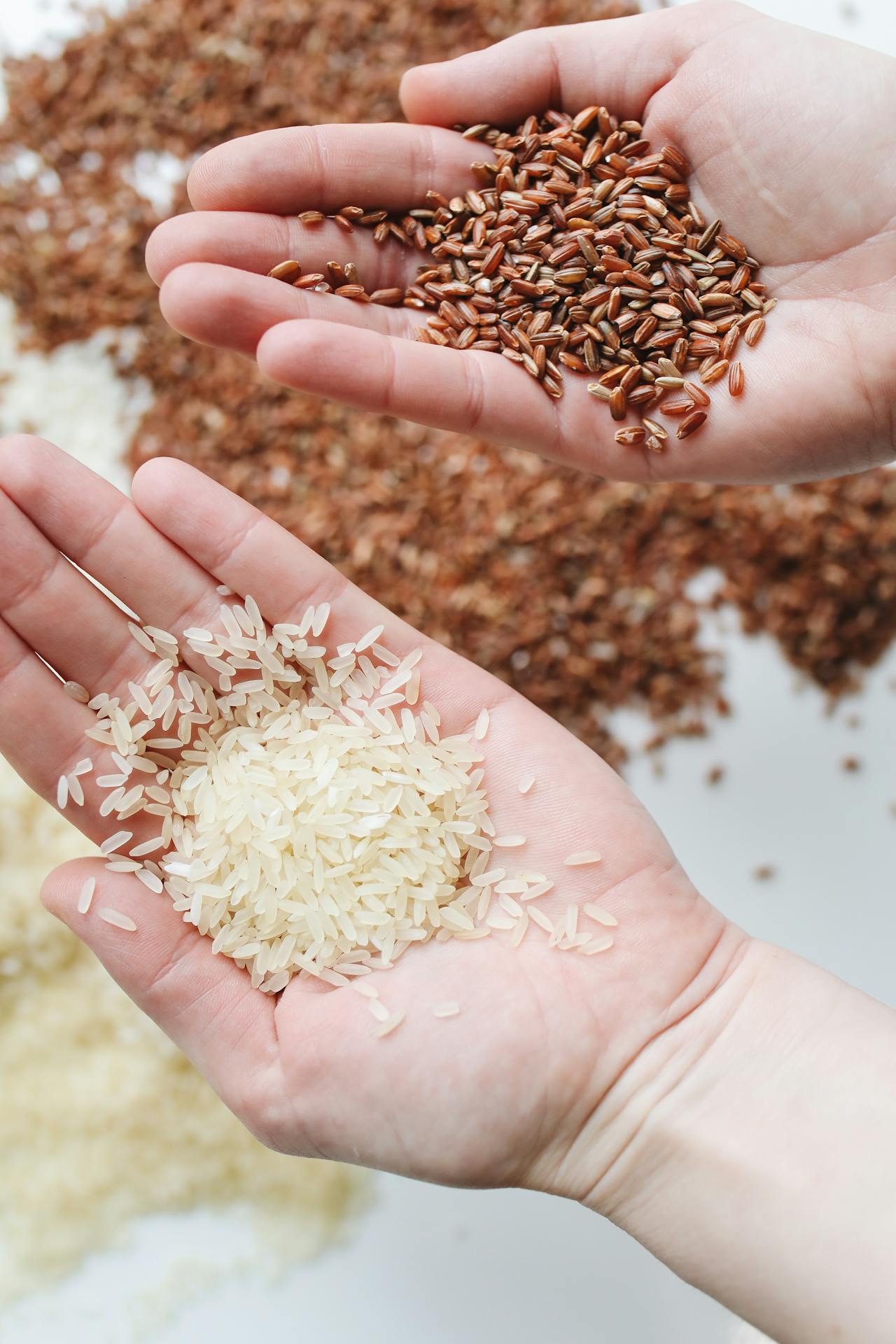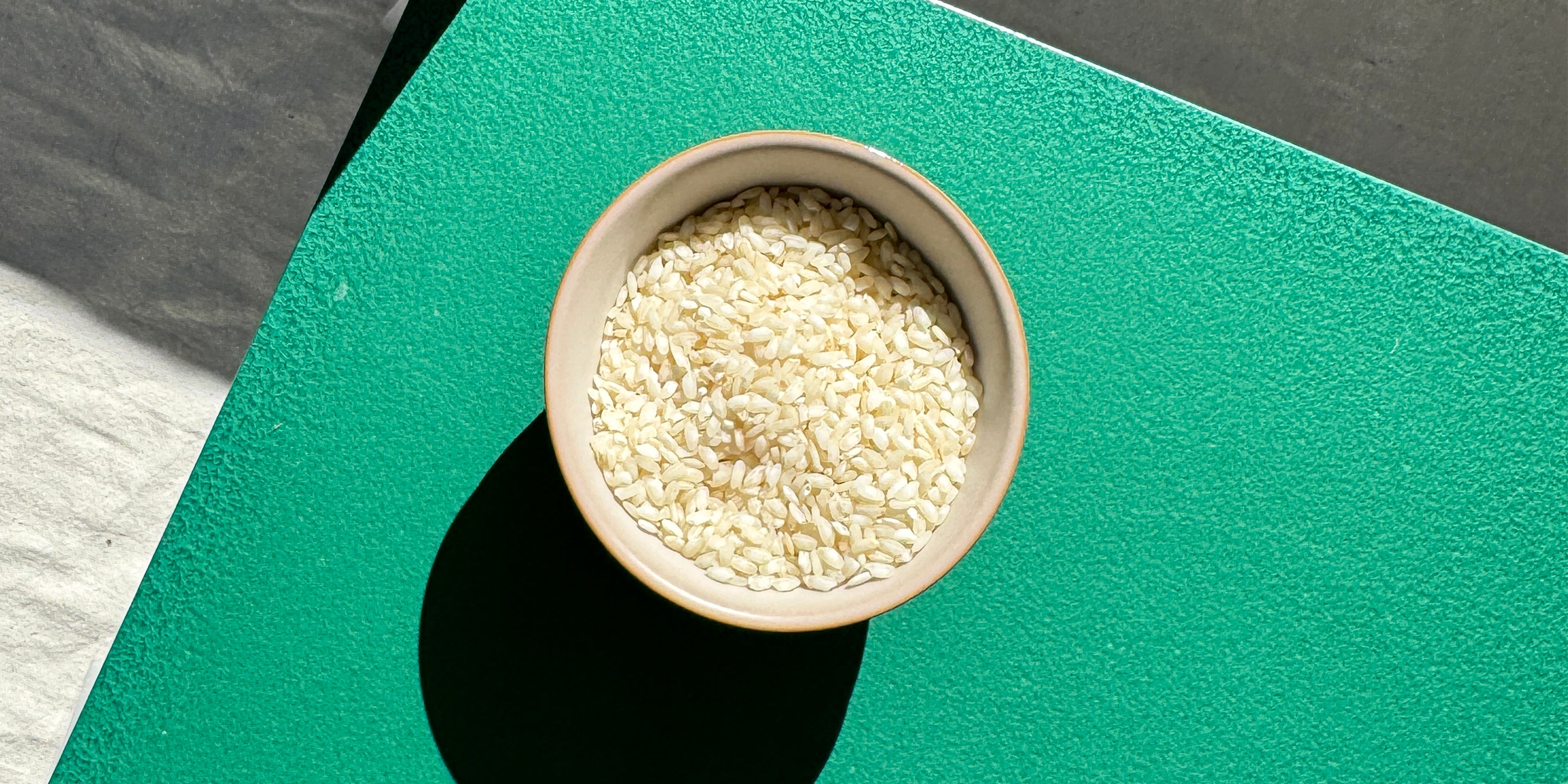What is Koji?
POSTED JUNE 23, 2023
Koji is a traditional ingredient used in various Asian cuisines, particularly Japanese. It is a type of fungus (Aspergillus oryzae) that is cultivated on grains like rice, barley, or soybeans. Koji is renowned for its ability to ferment foods, enhance flavors, and provide numerous health benefits.

Table of Contents
1. What is Koji?
2. The History of Koji
3. How is Koji Made?
4. Nutritional Benefits of Koji
5. Koji in Milk Alternatives
6. Comparing Koji Milk to Other Alternatives
7. Environmental Impact of Koji Production
8. How to Use Koji in Your Diet
9. Where to Buy Koji Products
10. Koatji: The Perfect Blend of Oat Milk and Koji
11. FAQs about Koji
The History of Koji
Ancient Origins of Koji
Koji has a rich history dating back thousands of years in Asia. It has been an essential component in the production of staple foods like soy sauce, miso, and sake. The ancient practice of using koji in fermentation has been passed down through generations, maintaining its cultural and culinary significance.
How is Koji Made?
The Koji Cultivation Process
The production of koji involves inoculating cooked grains with Aspergillus oryzae spores. The mixture is then kept in a warm, humid environment to allow the fungus to grow. This process transforms the grains, developing enzymes that are crucial for fermentation and flavor enhancement.
Nutritional Benefits of Koji
Health Advantages of Koji
Koji is not only a versatile ingredient but also a nutritious one. It contains enzymes, probiotics, and vitamins that contribute to gut health, boost the immune system, and aid in digestion. Including koji in your diet can offer numerous health benefits, making it a valuable addition to various recipes.
Koji in Milk Alternatives
Koji Oat Milk: A New Trend
Recently, koji has found its way into the dairy alternative market. Koji oat milk is becoming popular due to its unique fermentation process that enhances the nutritional profile of oat milk. This innovative milk alternative is gaining traction among health-conscious consumers looking for nutritious and sustainable options.
Comparing Koji Milk to Other Alternatives
Koji Milk vs. Cow Milk
- Nutritional Value: Koji milk is rich in enzymes and probiotics, which are absent in cow milk.
- Lactose-Free: Unlike cow milk, koji milk is suitable for those with lactose intolerance.
- Environmental Impact: Koji milk production has a lower carbon footprint compared to dairy farming.
Koji Milk vs. Regular Oat Milk
- Enhanced Nutrition: The fermentation process in koji milk increases the availability of nutrients.
- Better Digestibility: Probiotics in koji milk aid in digestion, making it easier on the stomach compared to regular oat milk.
Environmental Impact of Koji Production
Sustainable Practices in Koji Production
Koji production is environmentally friendly, requiring fewer resources and producing less waste than traditional dairy farming. The use of sustainable grains and efficient cultivation methods makes it a greener choice for eco-conscious consumers.
How to Use Koji in Your Diet
Incorporating Koji into Everyday Meals
Koji can be used in various ways beyond milk alternatives. It is an excellent ingredient for marinades, soups, and sauces. Its unique ability to enhance umami flavors makes it a versatile addition to both traditional and modern recipes.
Where to Buy Koji Products
Finding Quality Koji and Koji-Based Products
Koji and koji-based products, including koji oat milk, can be found in health food stores, Asian grocery stores, and online marketplaces. Koji is often used in combination with other food and beverage products like milk. For a convenient shopping experience, visit our KOATJI - Barista Oat and Koji Milk and use our store locator to find Koatji products near you. Look for reputable brands that prioritize quality and sustainability.
Koatji: The Perfect Blend of Oat Milk and Koji
Introducing Koatji
Koatji is a revolutionary product that combines the nutritional benefits of oat milk with the powerful enzymes and probiotics of koji. This blend results in a delicious, creamy milk alternative that is perfect for baristas and home use alike. Koatji offers a superior taste and enhanced nutritional profile, making it an excellent choice for health-conscious families.
For more information about Koatji, visit our KOATJI- Barista Oat and Koji Milk.
FAQs about Koji
Common Questions and Answers about Koji
Is koji safe to eat?
Yes, koji is safe and has been consumed for centuries in various cultures.
Can koji be used in vegan diets?
Absolutely, koji is plant-based and suitable for vegan diets.
What does koji taste like?
Koji imparts a mildly sweet, umami flavor to foods.

